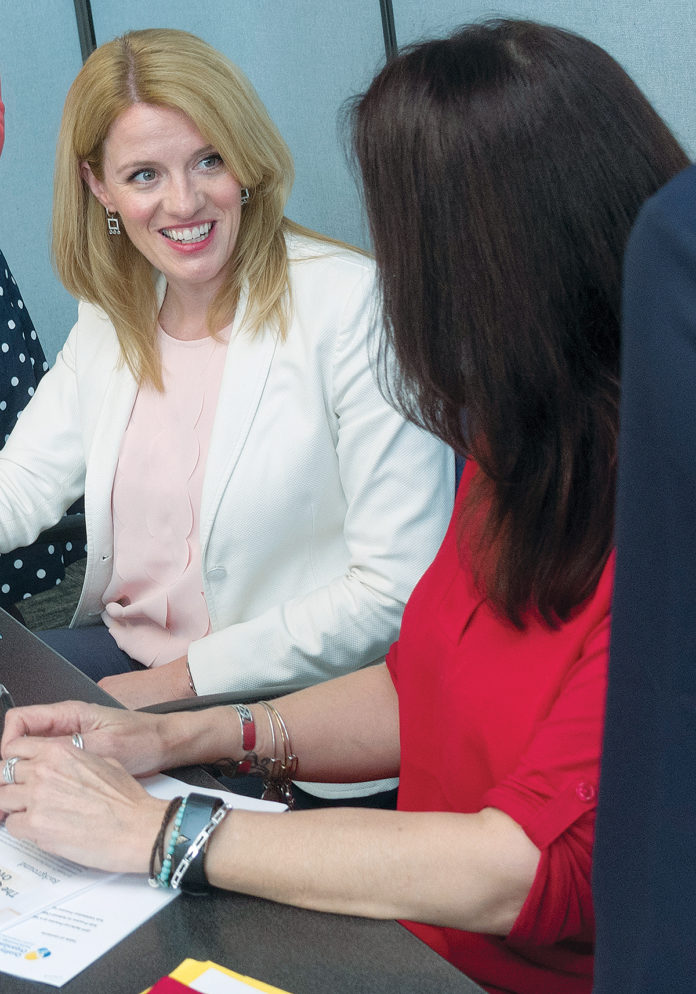Director, practice transformation, Healthcentric Advisors Inc.
1. Healthcentric Advisors won a five-year federal contract to provide technical training to small, rural practices in Rhode Island, Massachusetts and Maine. How were you qualified? Healthcentric Advisors was already contracted … to support larger provider practices across New England as they transition to advanced payment models. … We were well-positioned to apply and immediately identified how our team could support this important sector of the provider community. Our years of experience and recognition as a local leader supporting small practices made us highly competitive.
2. Rural practices and those with 15 or fewer providers are targeted by Healthcentric’s recently launched New England QPP Support Center. Why focus on such a small demographic of the medical community? Under the Medicare Access and CHIP Reauthorization Act, Congress recognized the importance of small practices in the health and well-being of patients. … The New England QPP Support Center recognizes unique challenges and barriers faced by these practices, including technology, staffing and access.
3. What services are offered by the QPP and how do they differ from what exists now? With the new contract, Healthcentric will provide QPP consultation to both small practices and continued support to larger practices via our existing [federal] contract. The new contract allows us to provide full-service, no-cost support to providers as they meet QPP requirements; it broadens our reach and minimizes confusion for providers, ensuring they are successful in a rapidly changing payment environment.
4. What kinds of technical support will be provided by the New England QPP Support Center? Our services include a virtual help desk with a “live” QPP expert and the center will provide individual, group and peer-to-peer technical assistance, as well as on-site support for the highest-need providers.
5. How will the New England QPP Support Center ease users’ ability to interact with the Centers for Medicare and Medicaid Services? Providers should think of our team of experts as local, no-cost support to help navigate the complexities of new, payment models. We can help them quickly because we’re part of the community and we understand the local elements impacting their patients and health care delivery.













